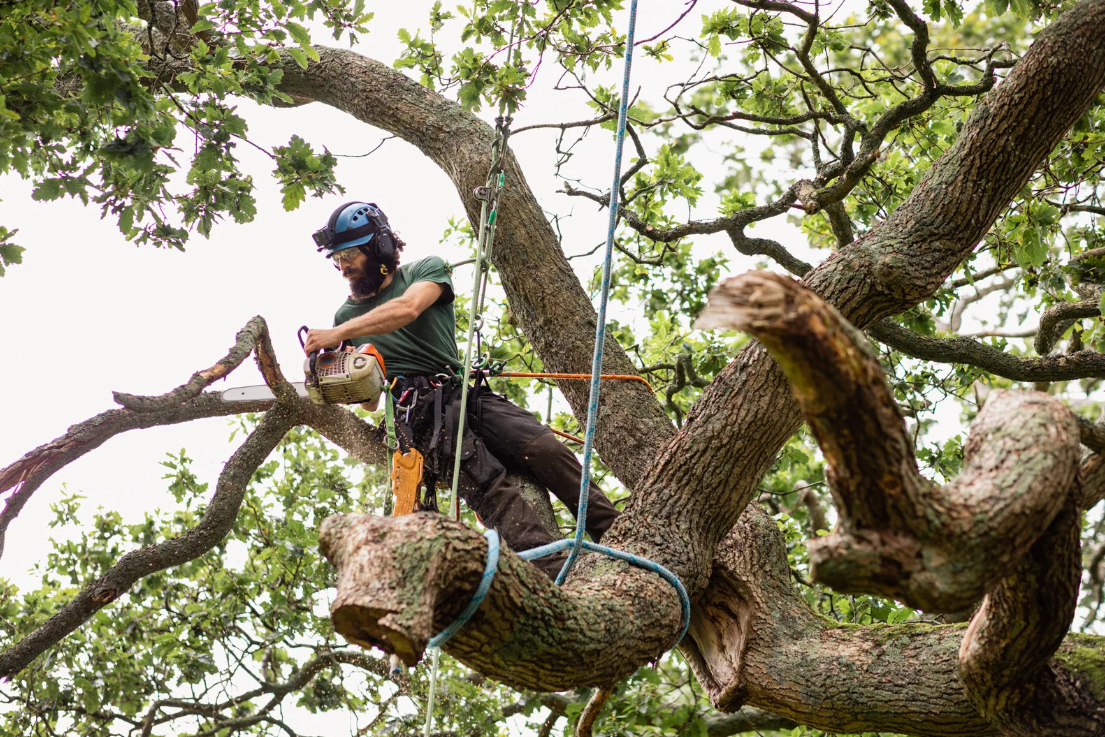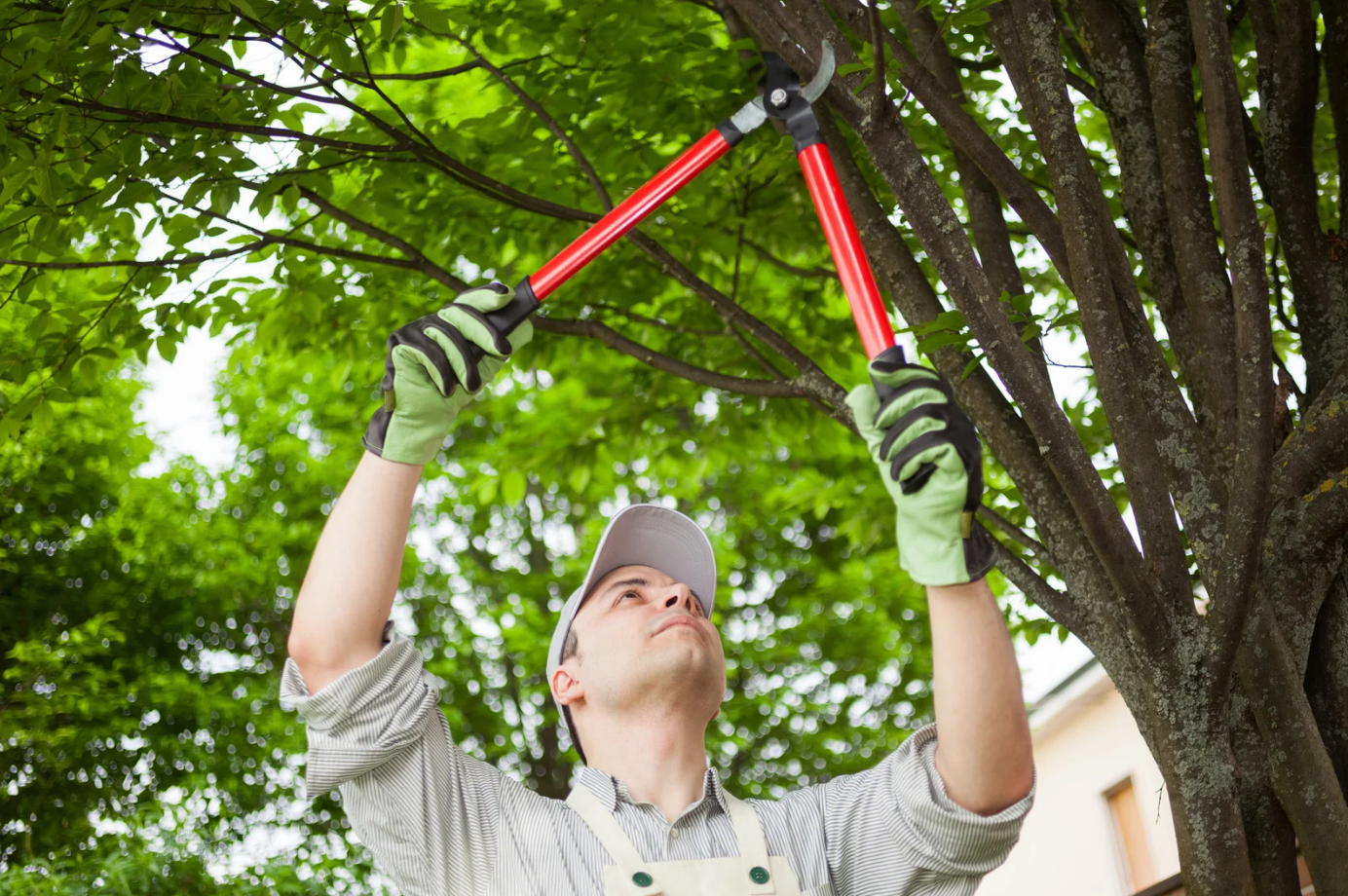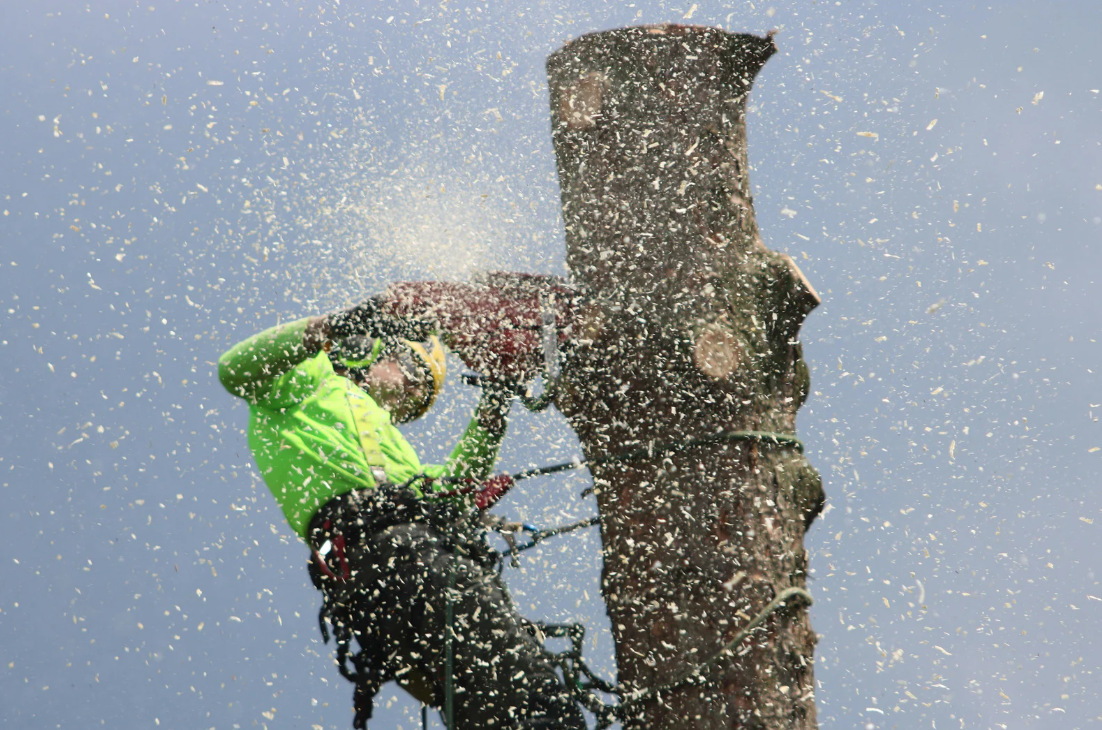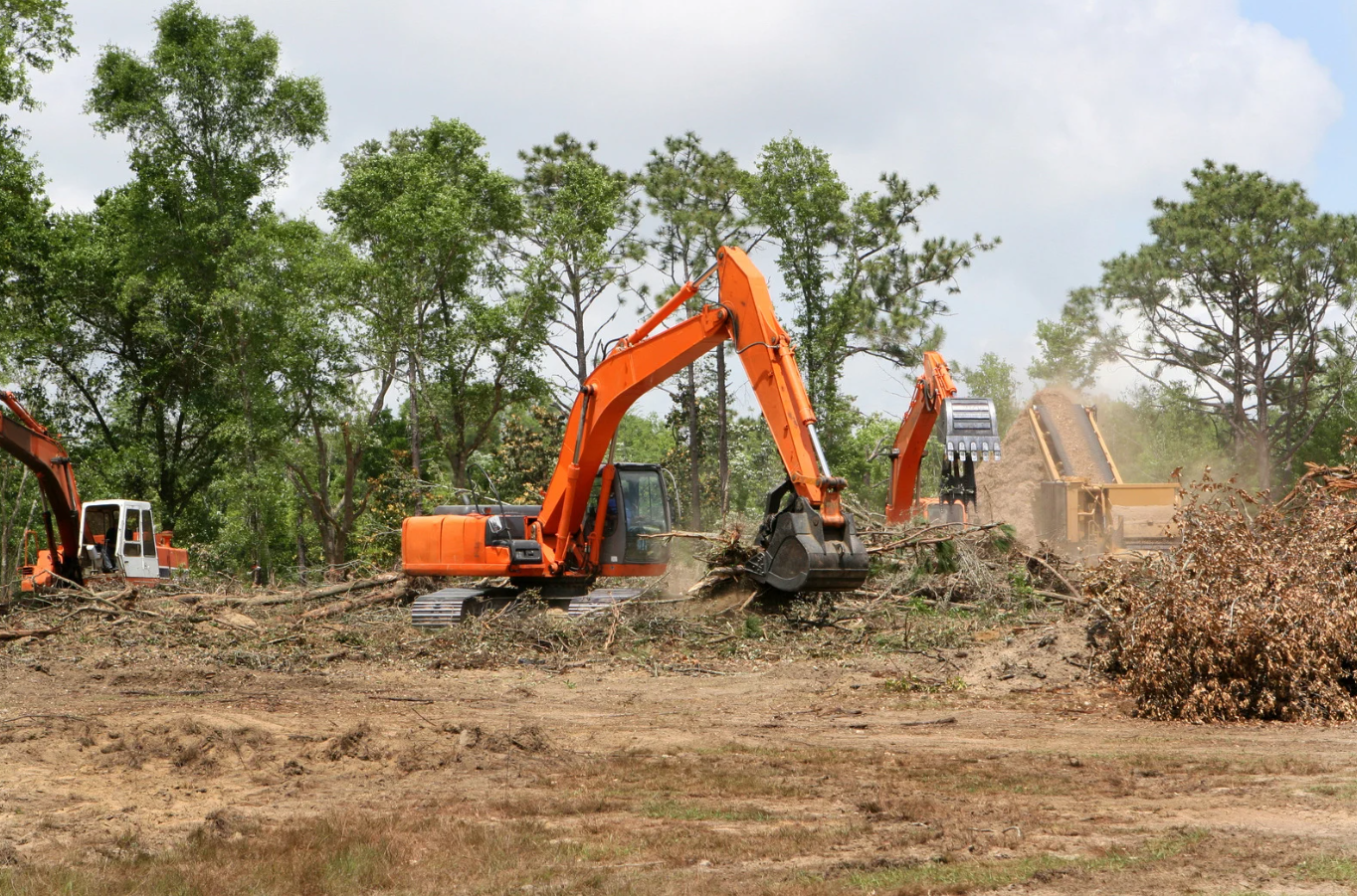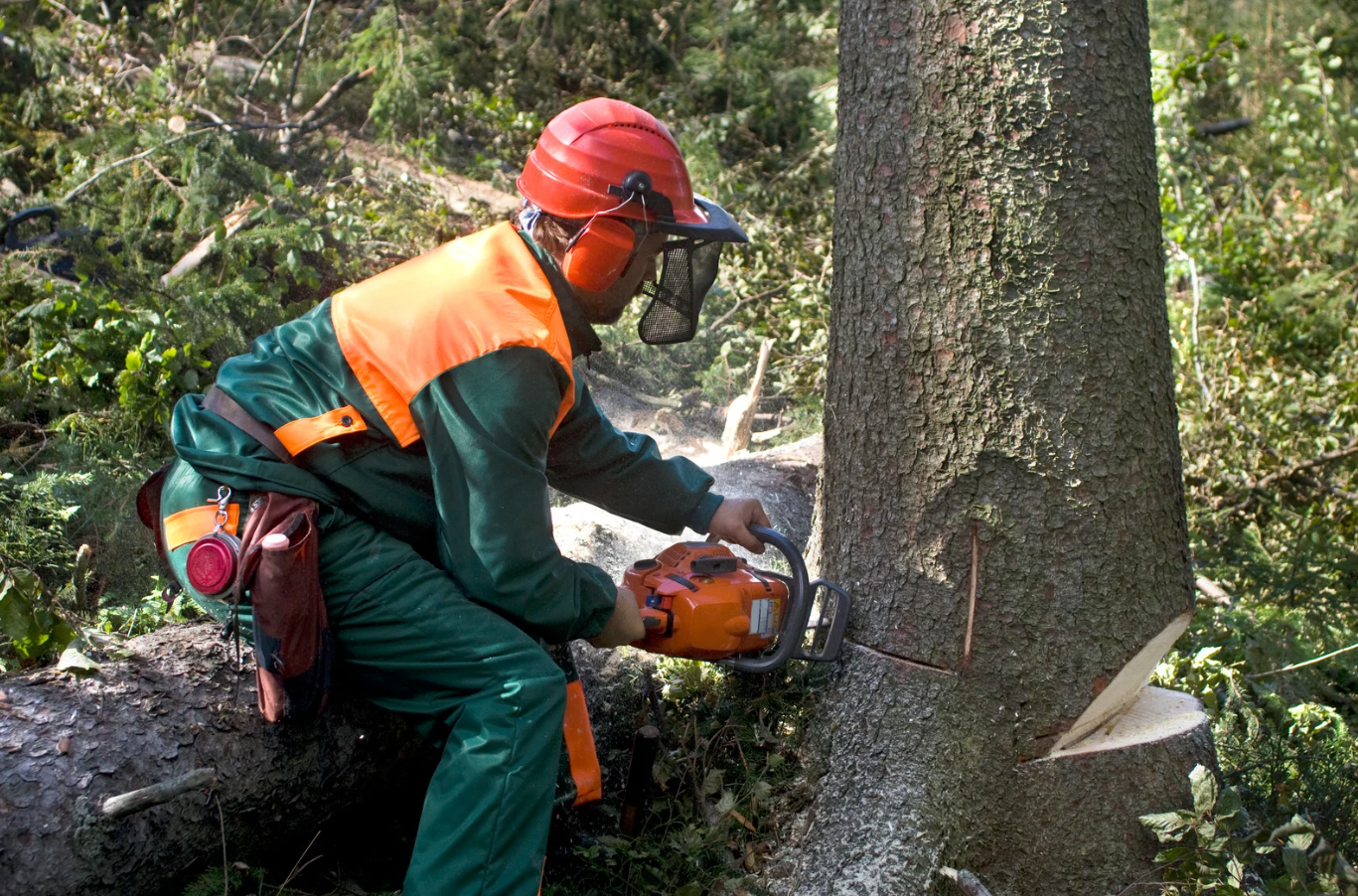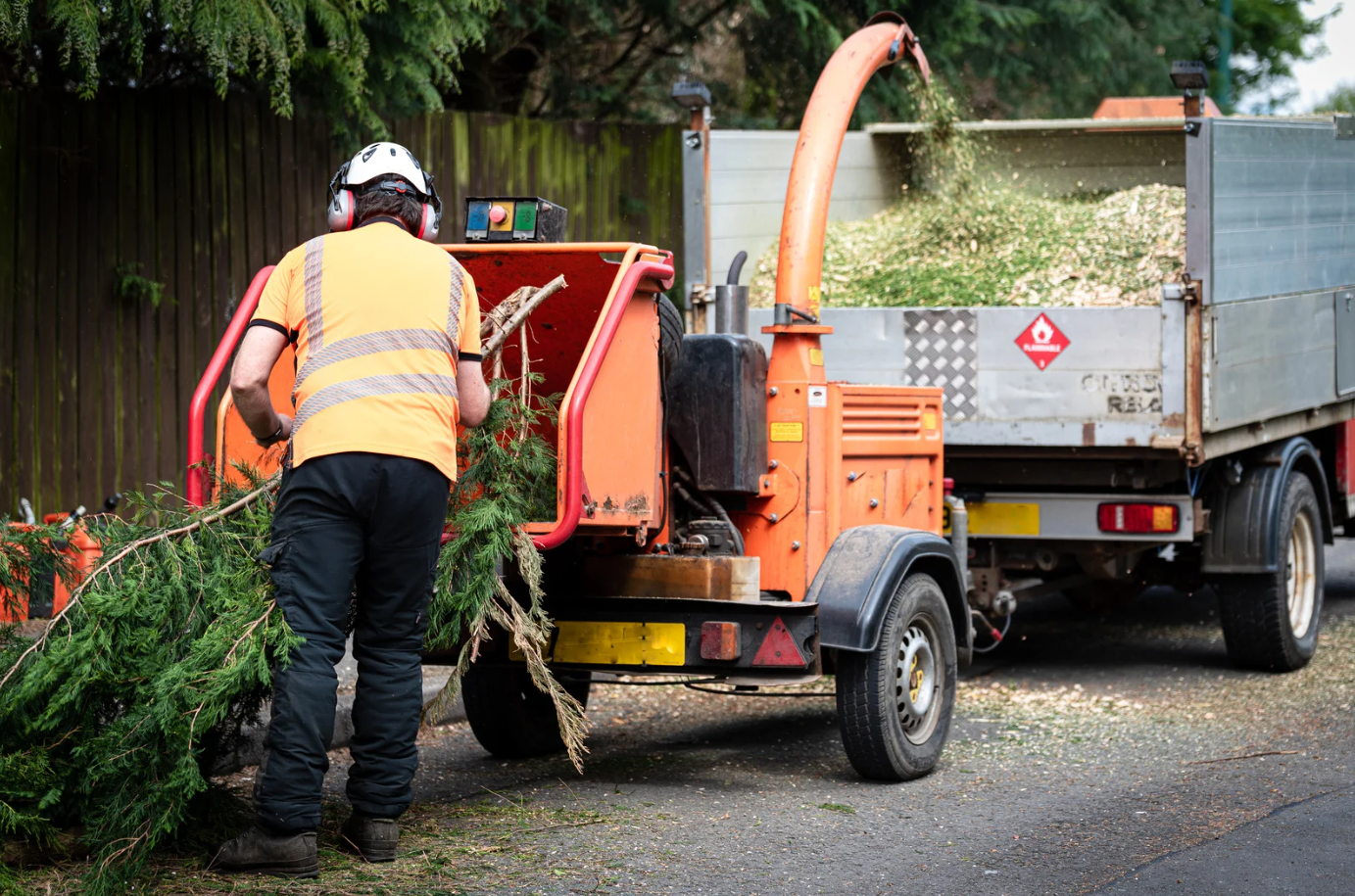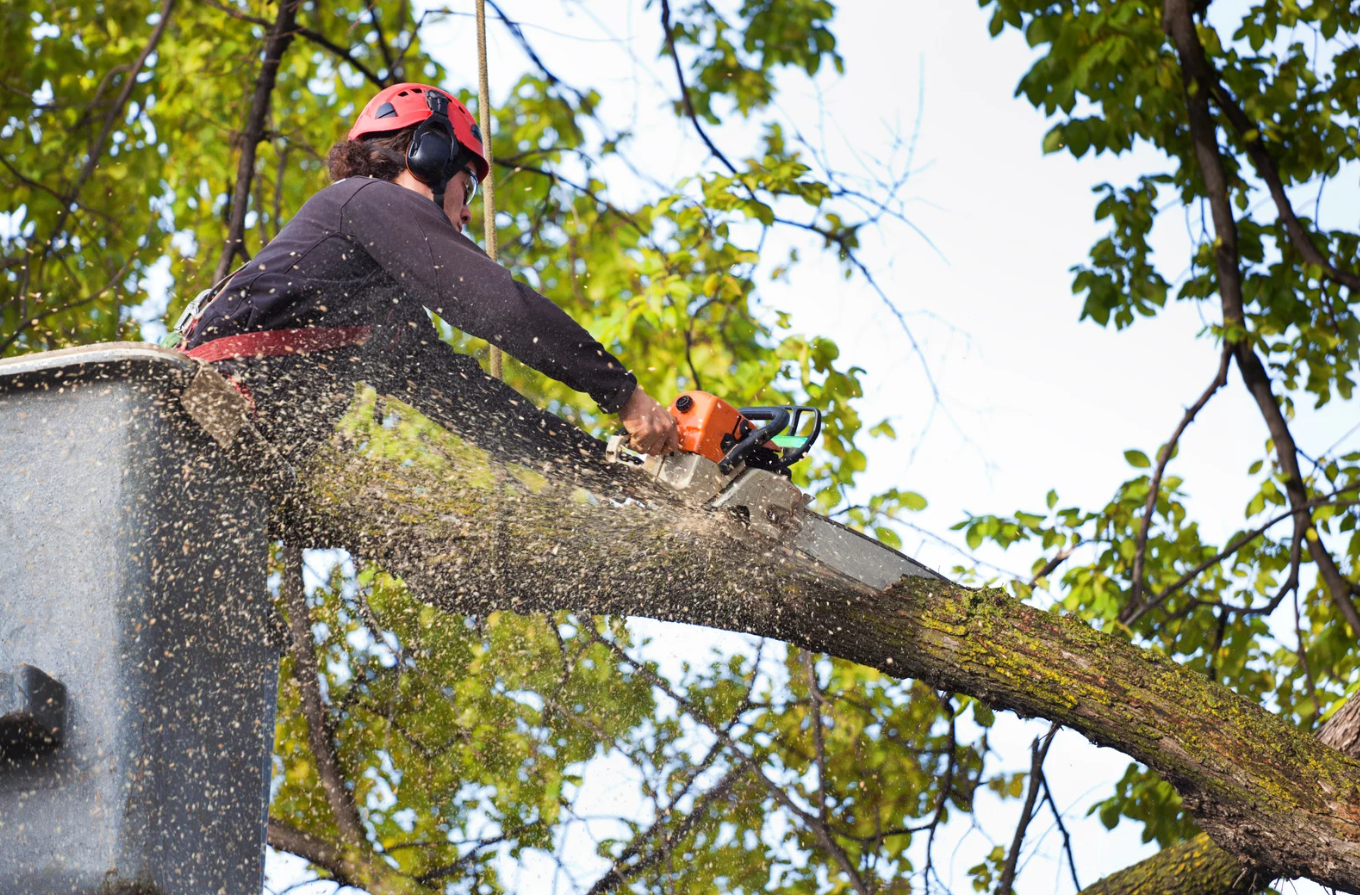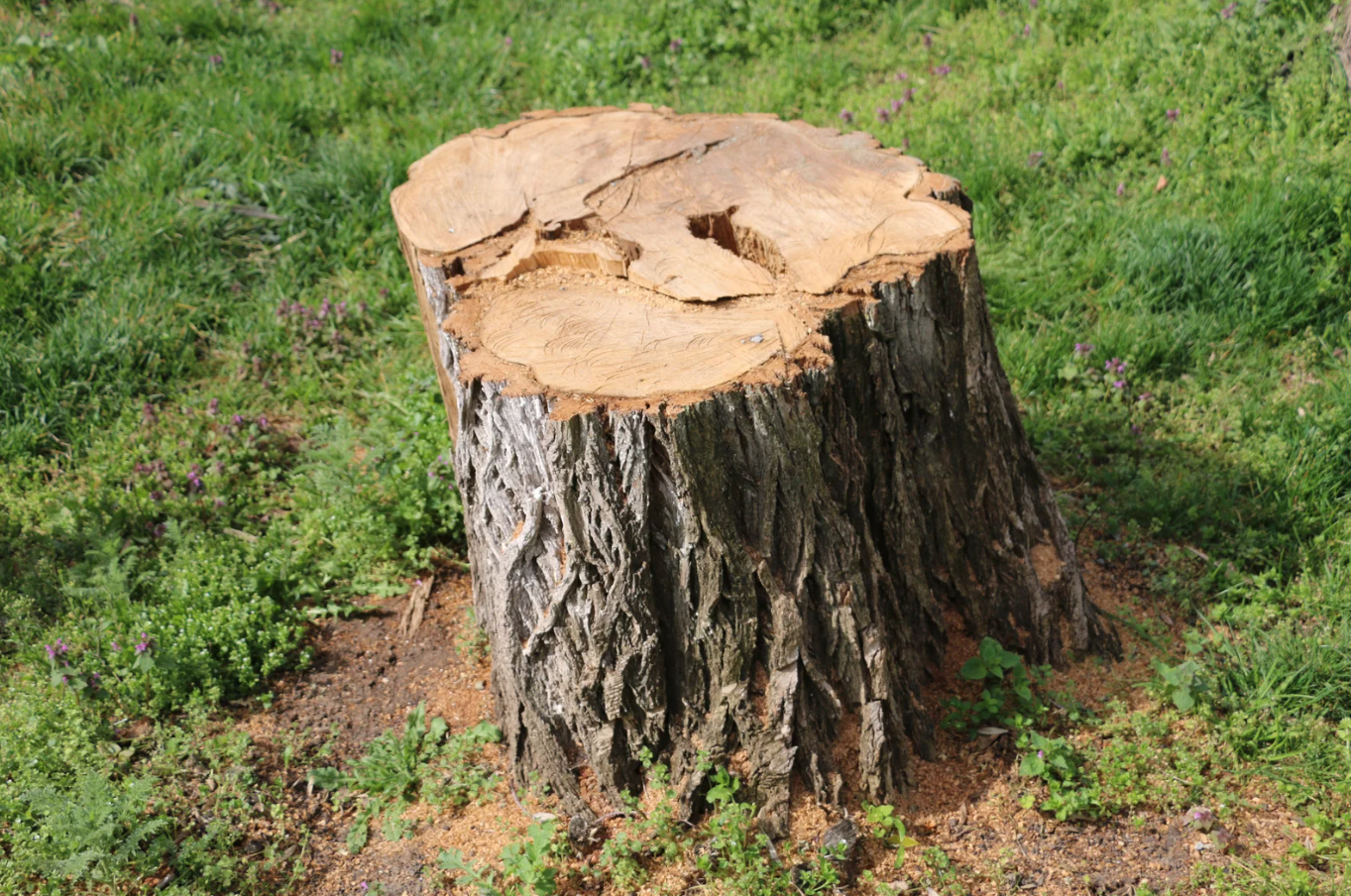Managing Fruit Trees
Rohnert Park Tree Services - Comprehensive Fruit Tree Care Guide
Expert Apple, Peach, and Orange Tree Care in Rohnert Park
Rohnert Park's Mediterranean climate, characterized by warm, dry summers and mild, wet winters, creates exceptional conditions for diverse fruit tree cultivation throughout Sonoma County. This inland location provides distinct advantages over coastal areas, including more consistent temperatures, reduced fog interference, and better heat accumulation that many fruit varieties require for optimal development. Professional fruit tree care services in Rohnert Park leverage these climatic benefits while addressing specific challenges unique to inland growing conditions.
Professional Apple Tree Care Services
Apple tree care in Rohnert Park addresses the unique opportunities and challenges presented by Sonoma County's inland Mediterranean climate. Unlike coastal regions, Rohnert Park experiences greater temperature variations and more intense summer heat, creating different management requirements for successful apple production.
Apple tree care in this region benefits from the area's natural chill hour accumulation during winter months, allowing cultivation of traditional apple varieties that require extended cold periods for proper fruit development. Varieties such as Gravenstein, Gala, and Fuji thrive in Rohnert Park's climate, though each requires specific apple tree care approaches tailored to their individual characteristics and growth patterns.
Disease management in Apple tree care focuses on different challenges than coastal areas. While fire blight remains a concern, the drier summer conditions reduce fungal disease pressure significantly. However, apple tree care must address powdery mildew, which thrives in warm, dry conditions with cool nights - exactly the pattern common in Rohnert Park during summer months. Professional treatment programs include sulfur-based fungicides and cultural practices that reduce disease pressure.
Water management represents a critical component of Apple tree care in Rohnert Park's Mediterranean climate. The extended dry season requires careful irrigation scheduling to maintain consistent soil moisture without creating waterlogged conditions that promote root diseases. Professional apple tree care includes drip irrigation system design and management that delivers precise water amounts while conserving this precious resource.
Nutritional programs in Apple tree care address Sonoma County's specific soil characteristics, including clay-based soils that can limit nutrient availability and root development. Soil amendments and fertilization programs ensure trees receive adequate nutrition throughout the growing season, with particular attention to potassium and calcium levels that affect fruit quality and storage characteristics.
Pruning techniques in Apple tree care must account for intense summer sun exposure that can damage exposed bark and branches. Professional pruning maintains productive structure while ensuring adequate leaf cover protects sensitive bark areas from sunburn damage. Summer pruning may be incorporated to manage vigorous growth and improve light distribution within the canopy.
Pest management in Apple tree care addresses insects common to inland California, including codling moth, apple maggot, and various scale insects. Integrated pest management programs combine biological controls, pheromone traps, and targeted treatments to maintain pest populations below economic thresholds while preserving beneficial insects.
Specialized Peach Tree Care Programs
Peach tree care in Rohnert Park capitalizes on the region's excellent growing conditions for stone fruits, which thrive in Mediterranean climates with hot, dry summers and mild winters. The area's climate provides optimal conditions for sugar development and fruit maturation that produces exceptional quality peaches.
Peach tree care programs focus on variety selection that maximizes the region's climatic advantages. Heat-loving varieties such as O'Henry, Elegant Lady, and Red Baron perform exceptionally well in Rohnert Park's warm summers, developing superior flavor profiles and attractive appearance characteristics that distinguish locally grown fruit.
Disease prevention forms a cornerstone of Peach tree care in this inland environment. While the dry summers reduce some fungal disease pressure, peach tree care must address brown rot during harvest periods when morning dew can create favorable conditions for disease development. Preventive fungicide programs and cultural practices minimize disease risk during critical periods.
Peach tree care includes comprehensive pruning programs that maintain open canopy structures essential for air circulation and light penetration. The aggressive pruning required for peaches removes approximately 50% of previous year's growth, encouraging new productive wood while maintaining manageable tree size and structure.
Thinning programs represent crucial elements of Peach tree care , reducing fruit load to prevent branch breakage while improving fruit size and quality. Professional thinning removes excess fruit when they reach golf ball size, spacing remaining fruit 6-8 inches apart for optimal development. This intensive peach tree care practice significantly improves final fruit quality and market value.
Water management in Peach tree care requires precise scheduling to support rapid fruit development during summer months while avoiding excessive vegetative growth that reduces fruit quality. Deep, infrequent irrigation encourages deep root development while maintaining consistent soil moisture levels essential for preventing fruit cracking and other physiological disorders.
Harvest timing coordination represents an advanced aspect of Peach tree care , as proper timing affects fruit quality, storage life, and tree health. Professional services monitor fruit development and coordinate harvest activities to capture peak quality while preparing trees for post-harvest care that supports next season's production.
Orange Tree Care and Citrus Management
Orange tree care in Rohnert Park optimizes the region's Mediterranean climate advantages for citrus production, though careful management addresses specific challenges associated with inland growing conditions. The area's warm summers and mild winters create favorable conditions for citrus development, though frost protection and heat management require professional attention.
Orange tree care programs emphasize variety selection that performs well in inland conditions. Navel oranges, Valencia oranges, and blood orange varieties thrive in Rohnert Park's climate, developing excellent flavor characteristics and attractive appearance when provided with appropriate care and management.
Nutritional management forms a critical foundation of Orange tree care in Sonoma County's clay-based soils. Citrus trees require specific nutrient ratios and soil pH levels for optimal health and production. Professional orange tree care includes regular soil testing and customized fertilization programs addressing common deficiencies including iron chlorosis, zinc deficiency, and nitrogen management that supports healthy growth without excessive vegetative vigor.
Orange tree care addresses pest management challenges specific to inland California, including Asian citrus psyllid, scale insects, and citrus thrips. These pests can significantly impact tree health and fruit quality, requiring integrated management approaches that combine biological controls with targeted treatments when necessary.
Irrigation management in Orange tree care balances the trees' need for consistent moisture with water conservation requirements during California's extended dry periods. Professional irrigation systems deliver precise water amounts while maintaining soil moisture levels that support healthy root development and consistent fruit production.
Orange tree care includes frost protection strategies essential for protecting citrus trees during occasional winter cold events. Protection methods may include microsprinkler systems, wind machines, or temporary covers during extreme weather events that could damage trees or fruit.
Pruning practices in Orange tree care focus on maintaining productive structure while managing tree size and improving air circulation. Unlike deciduous fruits, citrus requires minimal pruning, with emphasis on removing dead wood, water sprouts, and crossing branches while maintaining the tree's natural form and productive capacity.
Harvest management represents an important aspect of Orange tree care , as citrus fruits can remain on trees for extended periods, allowing for selective harvesting based on quality and market demands. Professional services coordinate harvest timing with tree health considerations, ensuring optimal fruit quality while maintaining tree vigor for continued production.
Disease management in Orange tree care addresses citrus-specific diseases including citrus canker, huanglongbing (HLB), and various fungal diseases that can affect tree health and productivity. Preventive treatment programs and cultural practices reduce disease pressure while maintaining the tree vigor essential for long-term productivity in Rohnert Park's favorable growing climate.
